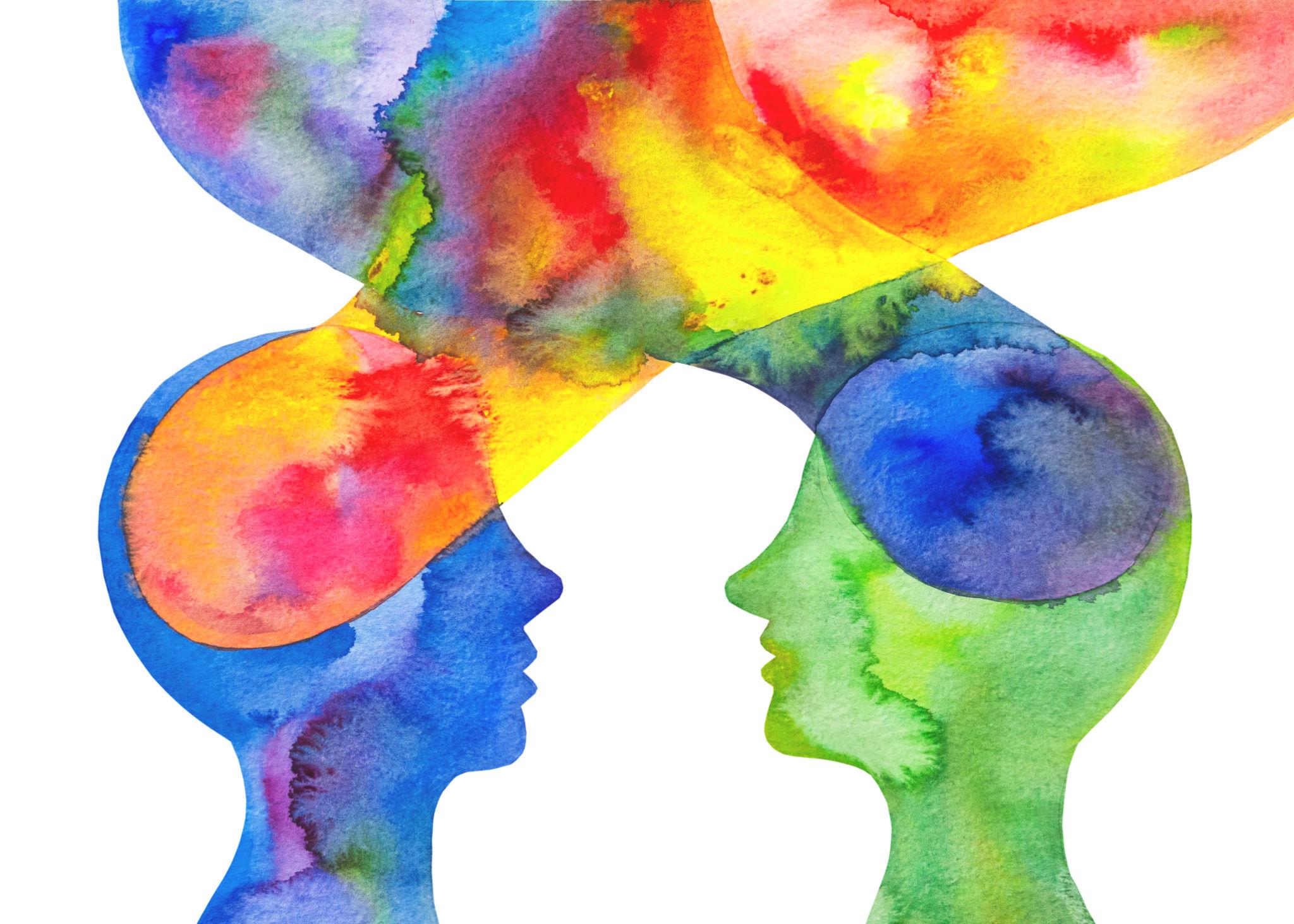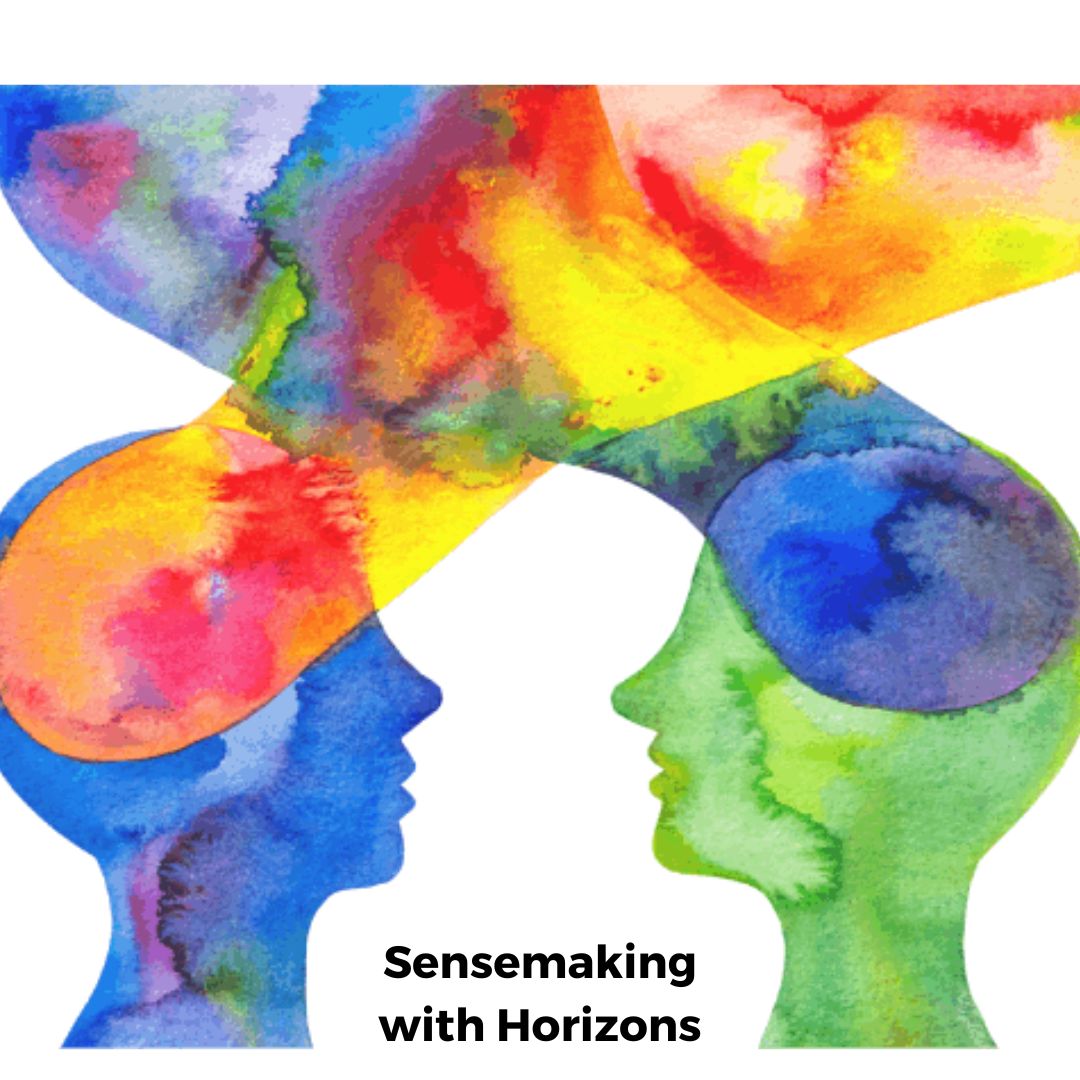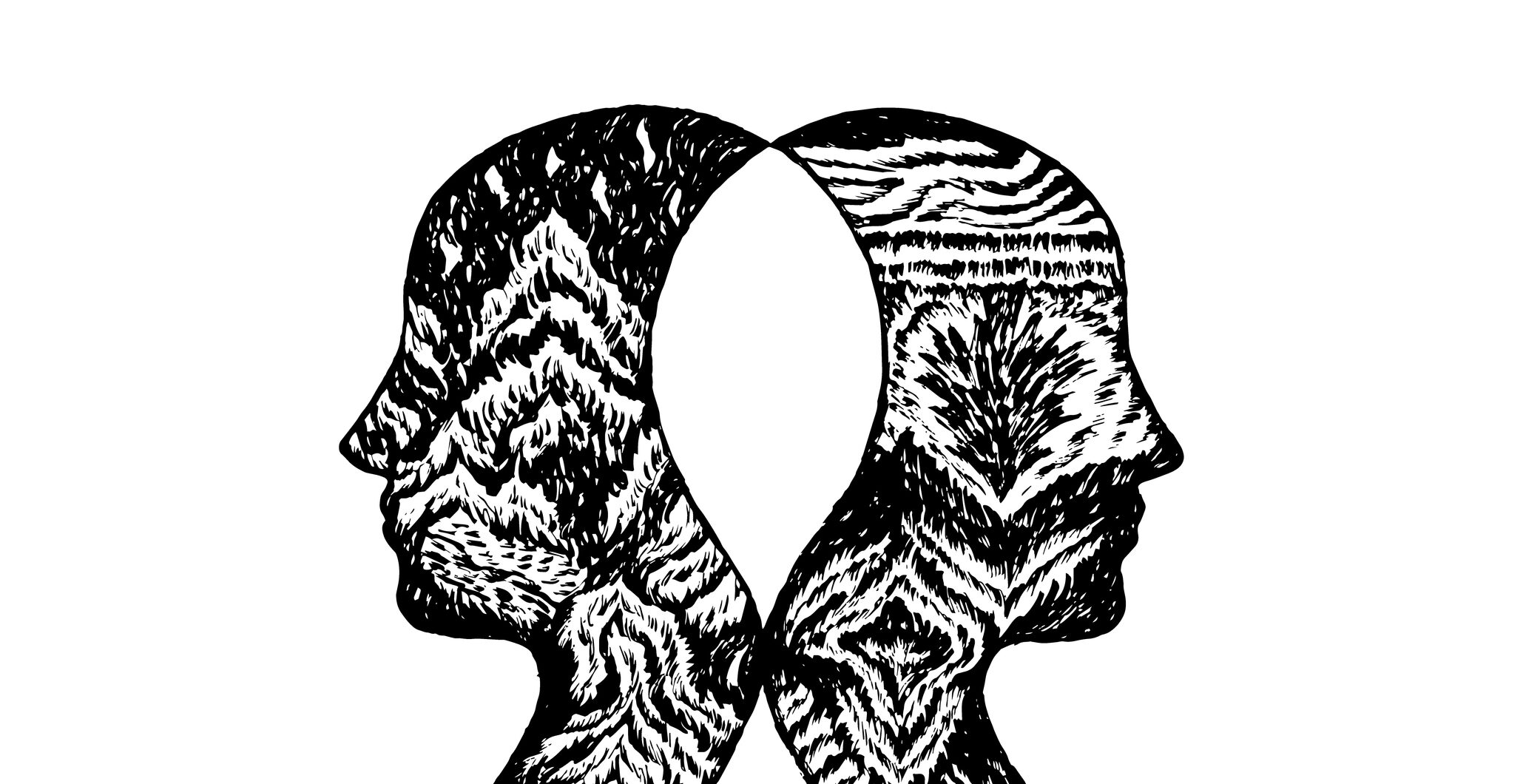Tag: Sensemaking

Sensemaking
Addressing complex challenges like authoritarian resurgence, political violence, and systemic racism requires multiple approaches and learning across communities and disciplines. The Horizons Project is committed to curating and synthesizing insights...

Sensemaking with Horizons: What’s the Ask?
Chief Network Weaver, Julia Roig and Jarvis Williams, Director for Race & Democracy reflect on some of the natural tensions facing the work of organizers at the national and state...

THE PILLARS PROJECT: Veterans and Military Families
*By former Director of Applied Research Jonathan Pinckney. Why should veterans and military families care about authoritarianism? American democracy is in a moment of crisis. Long-standing authoritarian trends and practices...

Exploring Narrative Practices for Broad-based Movements in Contexts of Democratic Decline
*This piece was originally published on March 1, 2023 on OpenGlobalRights by Chief Network Weaver Julia Roig and James Savage. Versión en Español The rise in authoritarianism and democratic decline around the...

How Can Funders Support Pro-democracy Movements?
*This article was written by Chief Network Weaver Julia Roig and was first published on Alliance Magazine. As the United States celebrates Martin Luther King Jr. Day on 16 January, it...

Dr. Martin Luther King Jr.’s Multiple Lanes to Multiracial Democracy
*This article was written by Chief Organizer Maria J. Stephan and was first published on Waging Nonviolence. King understood that no single approach would be sufficient to combat the interconnected evils...

THE HORIZONS PROJECT’S TOP INSIGHTS & LEARNINGS FROM 2022
Since our official launch in January of 2022, the Horizons’ team has spent the bulk of our time building relationships with the many inspiring organizers, network leaders, researchers, and funders...

The Pillars of Support Project
Click here for the Pillars of Support Project Page The complexity of the problem has hampered efforts to coordinate action against authoritarianism. Yet such coordination is crucial. Research shows that the most...

How to rise above partisan politics to uphold our democracy
Recent polls have revealed that “threats to democracy” are a top priority for many of us living in the United States. On the one hand, this is good news. Acknowledging the...

Violence and the Backfire Effect
*This article was written by former Director of Applied Research Jonathan Pinckney. Any movement that seeks to stand up against powerful opposition and advocate on important political issues must be...
